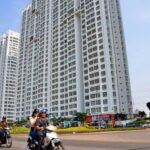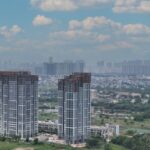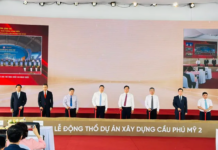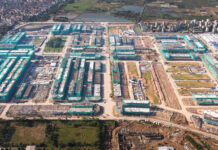According to the latest data, the Ho Chi Minh City Residential Price Index (Savills Property Price Index – SPPI) published by Savills Vietnam has risen by 3 points quarterly and 8 points annually, reaching 134 points—the highest level since its inception. Primary sale prices increased by 7% year-over-year, primarily driven by new project launches in District 1 and the former District 2. Secondary market prices also saw widespread growth, particularly in the Eastern and Southern areas of the city.
Ho Chi Minh City’s real estate market has benefited from public infrastructure investments and low-interest rates but remains under pressure due to limited supply. The absorption rate stands at approximately 45%, with over 2,400 successful apartment transactions in the quarter. High property prices have led many homebuyers to shift to neighboring provinces like Binh Duong and Long An, where housing is more affordable and land availability is greater.
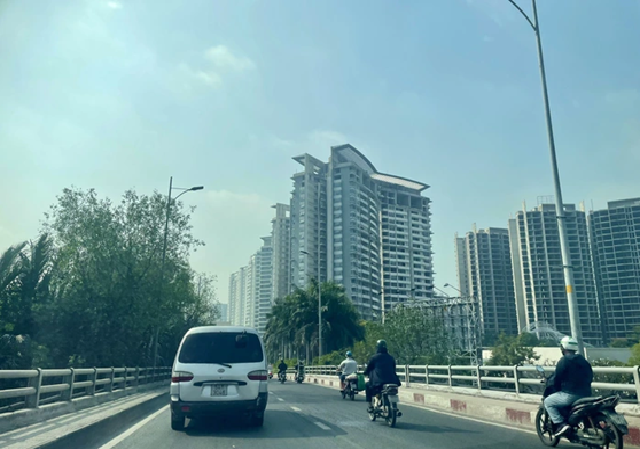 Ho Chi Minh City’s Housing Prices Rise Steadily: Solutions Beyond Pricing
|
Savills Vietnam predicts that the city’s housing market will maintain stable growth, fueled by strong real demand and significant infrastructure investments. Fundamental factors such as urban planning, legal procedures, and new financial support mechanisms are critical to balancing supply and demand and controlling long-term housing prices. Additionally, population decentralization is seen as a key solution to reduce pressure on the city center and promote sustainable urban development.
Ms. Cao Thi Thanh Huong, Senior Manager of Research at Savills Vietnam, stated: “Housing affordability is not solely about buyers’ purchasing power but reflects a nation’s socio-economic policy framework. The government should focus on removing legal barriers, planning new economic zones, investing in infrastructure, and promoting balanced urbanization to ease population density rather than directly intervening in corporate pricing strategies.”
A proposal to establish a national housing fund is currently under review and is expected to be implemented soon. This model, successfully applied in Singapore and South Korea, offers low-interest, long-term housing loans to citizens while providing investment incentives and access to planned land for developers. This approach motivates both buyers and sellers, fostering a more balanced and stable market.
Savills Vietnam believes that with synchronized development in infrastructure, planning, and financial mechanisms, Ho Chi Minh City can effectively address population decentralization, balance supply and demand, and stabilize housing prices in the long term. Expanding urban connectivity across regions will not only redistribute population density but also create growth opportunities for housing segments catering to genuine buyers.
“To fundamentally solve the housing challenge, we must start with urban planning policies, not view it solely as a real estate business issue,” emphasized Ms. Huong.
Text and Image: Son Nhung
– 14:02 12/10/2025
Ho Chi Minh City Prioritizes Businesses as the Core of Its Service Ecosystem
The city government is committed to standing alongside businesses, actively listening to their feedback, and implementing administrative reforms centered around serving their needs.
Unlocking Capital for Ho Chi Minh City’s Growth
The draft Political Report for the 1st Congress of the Ho Chi Minh City Party Committee, term 2025-2030, sets an ambitious target of 10-11% average annual GRDP growth and aims for total social investment to reach approximately 35-40% of GRDP over the five-year period.


